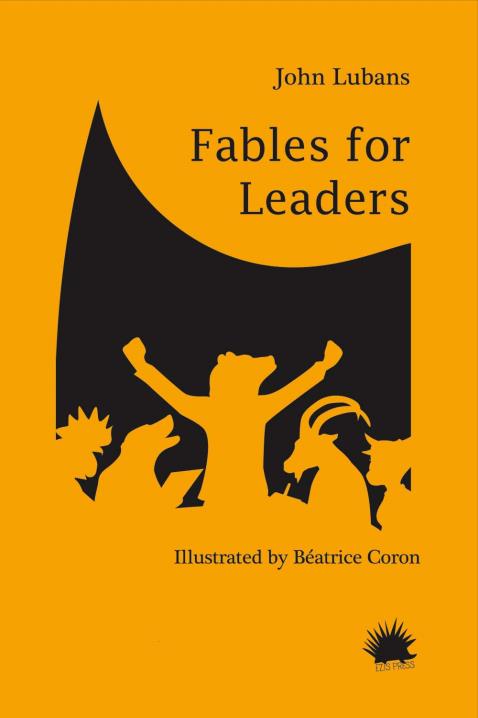Surviving the Epidemic: The Martin’s Bakery Experience

Caption: The Old Riga Martin’s bakery, photo by author, June 2, 2022.
Once I landed in Latvia in April 2022 – after an absence of three years - I wanted to see how one of my favorite places in Riga (Martin’s Bakery) was surviving the virus and its damaging economic effects.
For over a decade, I’ve been a regular, stopping in weekly for tea and my favorite pīrāgi (bread rolls filled or topped with a variety of flavors, some sweet, some savory).
Within a day or two of arrival, I ambled from my apartment over cobble stone streets to their old town shop.
I was dreading some possibly drastic change after a year and a half of shutdowns, quarantines, social distancing, masking, and curfews.
My firsts bite told me little had changed! I smiled and savored the flavor.
Still the best.
My assessment has a baseline: a 2019 interview with two of the three business partners, Martins and his mother, Vija Kalniņš (the founder).
That essay, “We Don’t Make Brownies” (or Cupcakes, or Bagels, or Muffins) explored how Martin’s Bakery kept its consistently high quality and good prices.
On May 25 of this year, I interviewed Dins Kalniņš, the third member of the executive team.
What he told me can be distilled into fundamental business wisdom for when disaster strikes.
“Keep to classical values and don’t change just to change”. In the bakery, those values permeate the organization and are visible daily for survival into the future..
What are some of those values or concepts?
1. Do what you do best, maintain high quality, attractive food at reasonable prices.
Their piragi recipe dates back 30 years, unchanged. So, they’ve stayed with known recipes producing quality items folks want to buy.
Of course, you have to adjust as trends shift. While the epidemic is momentarily in retreat, a recent
consumer study found that “nearly 80% of the (Latvian) population currently stick to food purchasing and eating habits developed in the last two years and only 4% plan to return to their initial behavior.”
Further, the study predicted that as the 2022 winter approaches, (with inflation rising and the Ukrainian war raging) people will spend less on entertainment … because they will have to think about how to pay … heating bills.”
The study’s economist predicts “that people (will) eat less outside their home and buy more food and prepare themselves”.
This would suggest that a return to business as usual is not just around the corner.
Dins has observed behavioral changes among bakery clients; namely, that when there’s money in a person’s pocket, there is a tendency to entertain outside of the home, to go to restaurants more and pick up fewer items at a bakery for home use.
But, when one is counting pennies, then the tendency turns toward entertaining at home. With inflation at 8.5%, buying baked goods for entertainment at home may boost the bakery business. But, “people will consume less processed products with lower prices." In other words, the consumer may have only enough money to buy raw ingredients to prepare in his/her kitchen.

Caption: As alluring as ever, but not as plentiful as in pre-epidemic times. Photo by author 2022.
2. Tread carefully when adjusting prices. Keep in mind that Latvia’s average monthly income is one thousand euros (USD $1058), even while Latvia’s economy has been steadily improving since the 2007 crisis and after 50 years of Soviet/Marxist repression and economic bungling.
Martin’s raised prices twice last year by 10%. Each increase was followed by a 5% drop off in business and then a slow creeping upward, a flattening over all.
So, while prices have risen, the clientele is still there, as the following photo shows.

Caption: Like old times, a line, not quite out-the-door but almost. Photo by author 2022.
3. Decentralize and empower local decision-making.
Dins travels to all locations, often daily, and meets with the branch managers.
Each branch managers has the authority to make decisions, recruit, retain, discipline, and to solve problems. There are frequent after work meetings to consider what’s good, and what’s been less good during the day.
Adjustments often flow from these meetings.
When necessary, the three partners will make a core decision, top down, that effects all the branches, but that is a rare event. The partners’ preference is for the local manager and his/her team to make decisions that effect the work of the branch.
At the same time, when a corporate decision has to be made among the three partners, they may have differences but manage to reach a conclusion and speak in a single voice.
A footnote from Dins when it comes to policy making: With his mom’s less active leadership, she now has to convince him of a policy change whereas before he was having to convince her!
4. Retain your talented and loyal employees.
Due to historicaly positive people policies, Martin’s is blessed with very low turnover. The most recent manager hire dates from 8 yrs ago.
Half of the 6 managers are from the start of the business, each with 20 years or more experience!
A personal example is one of the counter staff at the old town bakery who has always been patient and pleasant with me, humoring my attempts at the language.
While customer service has improved from the Soviet era, it still has a long way to go in Latvia, so someone with a sense of humor, kindness, and willingness to lean toward the customer is to be treasured.
N.B. I want to thank my cousin, Dace Lubane, for once again providing translating support during this interview just as she did when I interviewed Dins’ brother and mother.
------------------

And, don’t forget Lubans' book on democratic workplaces, Leading from the Middle
© Copyright text and photos by John Lubans 2022



 John Lubans - portrait by WSJ
John Lubans - portrait by WSJ